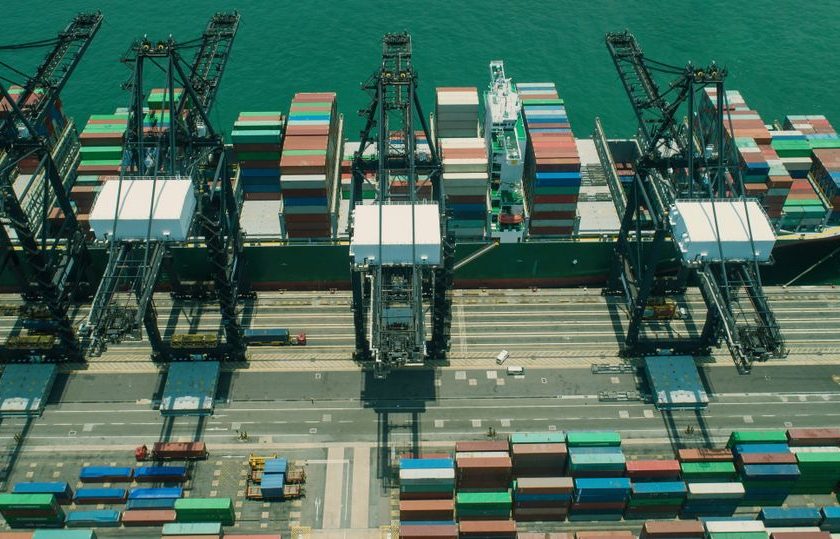ABS releases advisory on methanol bunkering
NewsABS released a guidance document on methanol bunkering for the maritime industry, covering technical challenges, operational strategies, and safety practices.
Responding to report findings, AAPA has issued several recommendations for policymakers and relevant stakeholders to help create a level playing field and expedite decarbonization activities for ports.

While most American ports have decarbonization plans in place, a new report from ABS and the American Association of Port Authorities (AAPA) shows there are significant challenges to advancing emission-reduction projects, including financial constraints, low technology readiness, and physical space limitations.
The report is based on feedback from AAPA members and provides perspectives from both port authorities and vessel operations experts.
The survey included representatives from 25 ports, including Northwest Seaport Alliance, Port of Los Angeles, Oakland, San Diego, New Orleans, and Miami among others.
Given that there are currently no federal government regulations specifically requiring port decarbonization, the landscape across the port industry is uneven, largely driven by state and local regulations, the report indicates.
Hence, AAPA has issued several recommendations for policymakers and relevant stakeholders to help create a level playing field and expedite decarbonization activities for ports.
These include the creation of formal relationships between energy utilities and ports to make long-term plans for transmission projects. AAPA also recommends that utilities should draft official policies to govern net-metering at ports and incentivize local power generation.
The survey also found that utilities are not likely to start transmission construction, or even plan it, until the port reports their exact anticipated power requirements for a specific project, highlighting a need for early planning of future transmission projects to reduce waiting times and speed up the construction while saving money.
Holistic electric planning and standardization of charging infrastructure for trucks, cargo handling equipment (CHE), and vessels as well as shore power for ships have also been identified as policy priorities to increase economies of scale.
In addition, AAPA has called for an extension of federal grants beyond the Bipartisan Infrastructure Law (BIL) and Inflation Reduction Act (IRA) to continue funding port infrastructure and decarbonization projects as well as a permitting reform to help expedite the permitting process.
One of the important notes in the policy measures was to allow the purchase of hybrid port equipment with federal grants, as hybrid equipment is easier to procure from manufacturers and it is more durable. On the other hand, zero-emissions equipment is still not commercially available for certain classes of equipment, such as harbour craft.
The report said that by procuring hybrid equipment ports can achieve considerable progress in emission mitigation immediately without having to wait for zero-emission alternatives to become commercially available.
“ABS is actively involved in several infrastructure planning projects around the world, especially regarding shore power connection technologies and the electrification of ports. This report provides an important benchmark for ABS to understand the ability and interest in decarbonization infrastructure at U.S. ports. ABS is uniquely positioned with our deep expertise in regulatory compliance and technological breakthroughs to bring together diverse maritime stakeholders to advance the conversation around sustainability and emissions reduction strategies,” said Panos Koutsourakis, ABS Vice President, Global Sustainability.
“Maritime is by its very nature a cleaner form of transportation, and this survey shows that various ports are already leading emissions mitigation efforts in alternative fuel and electrification options. AAPA intends to leverage this research to push for wise and realistic policies – with collaboration from public and private partners – towards an increasingly sustainable future for the port and maritime industry,” said Cary S. Davis, AAPA President and CEO.
The full report can be accessed here.
By subscribing you will have: